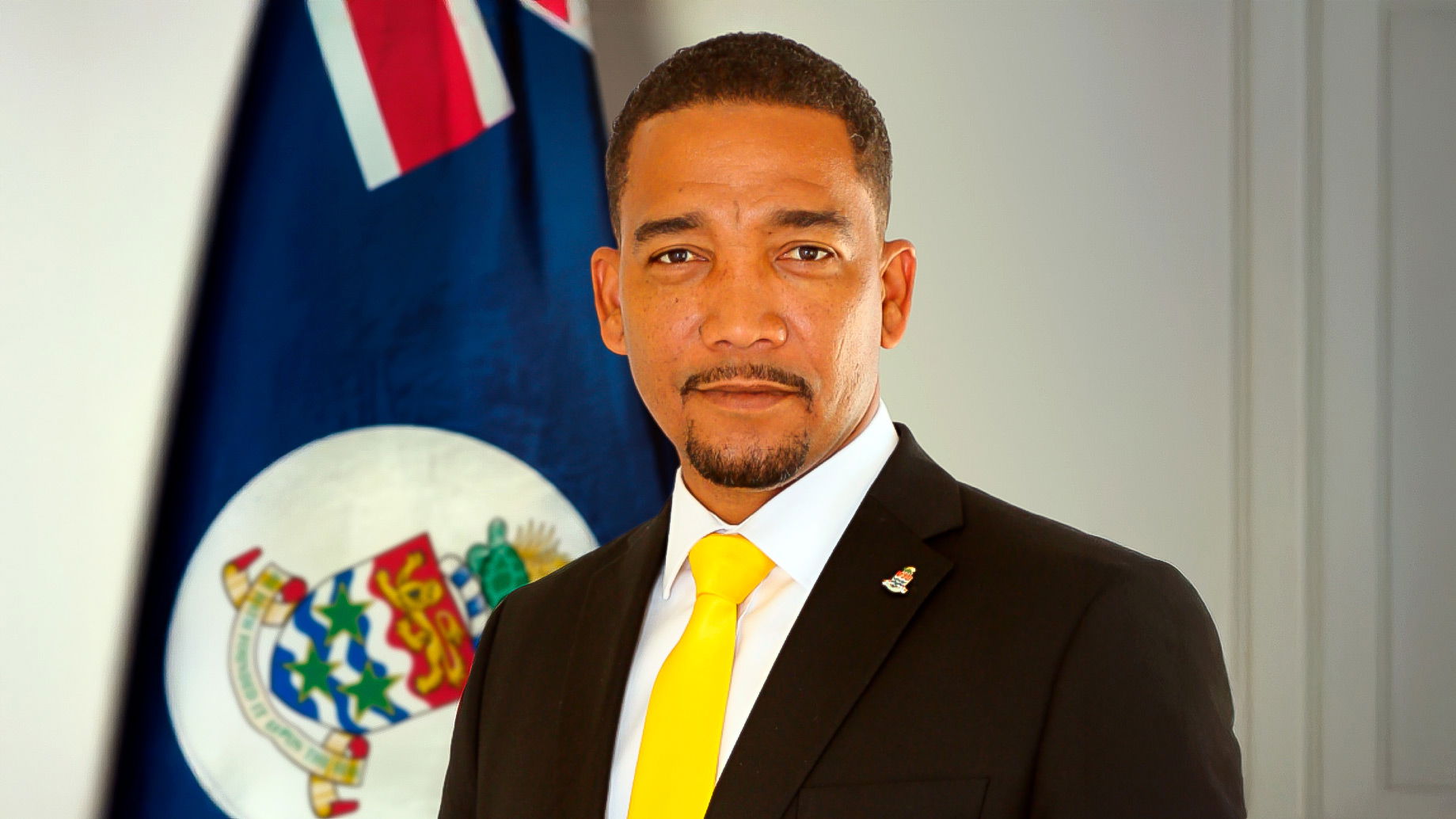Cayman Islands considers allowing cruise ship casinos as incentive for extended stays

Kenneth Bryan, the Cayman Islands’ Minister of Tourism and Ports, has proposed an incentive to allow cruise ships to operate their casinos while moored in Caymanian waters, provided that the public supports the construction of a cruise berthing facility in an upcoming referendum.
Currently, gambling onboard cruise ships is prohibited within the country’s territorial waters, but Bryan suggests lifting the ban to encourage cruise vessels to extend their stays in George Town or even stay overnight.
Bryan shared that discussions with cruise operators indicate that keeping casinos open while docked could motivate ships to stay longer, benefiting the local economy.
He noted: “I personally think I can convince my colleagues to support that. But we would only do that if there was a true benefit in it for the Cayman Islands.” To ensure visitors spend time onshore, the proposed rules would limit casino operating hours onboard, with gambling only permitted later in the day.
The plan could address recent concerns about economic downturns in cruise tourism. Bryan has emphasized the potential for a cruise berth to revive George Town, explaining that if ships could dock overnight, visitors would have more time to explore the capital, benefiting local businesses and attractions. Earlier this month, he remarked in Parliament, “If we had a pier, ships could even consider overnighting in our ports. Can you imagine what an uplift that could do to downtown George Town?”
Security protocols would remain strict, with gambling access limited solely to cruise passengers. Minister Bryan clarified that there would be no opportunities for island residents to board ships for gambling purposes: “I have not entertained that concept, I wouldn’t even go down that road.”
Proponents of the cruise berth have expressed cautious support for Bryan’s approach. Ellio Solomon, representing the Association for the Advancement of Cruise Tourism (ACT), said that infrastructure upgrades could bring Cayman’s cruise offerings closer to those provided to air travelers, enhancing the experience for tourists arriving by sea.
Solomon noted: “Whatever government is elected in 2025 will have the mandate to build pier infrastructure and to explore whatever enhancements they believe the country needs and our community will support.”
Bryan plans to further explore the proposal at the Florida-Caribbean Cruise Association conference in late October, gauging industry interest in the potential changes to Cayman’s cruise tourism policies. The Cayman Islands Tourism Association (CITA) is also engaged, advocating for public awareness of the economic impacts associated with either adopting or rejecting the berth.
Meanwhile, CPR Cayman, a group opposing the pier project, has voiced concerns over the practicality of overnight stays due to logistical and environmental challenges. Michelle Lockwood of CPR Cayman cited factors like reduced cruise speeds for emission compliance and competition from other destinations as potential hurdles.
The cruise berth proposal, labeled a “matter of national importance,” will go to a vote during the general election next year. Parliament approved the referendum motion with unanimous support, with Bryan stressing the broad economic implications if cruise tourism continues to decline.
A recent report from the Economics and Statistics Office estimated that the absence of a cruise port in 2024 cost the Cayman Islands between 17,621 and 419,026 visitors, a trend expected to worsen as cruise lines deploy larger ships that cannot anchor in George Town without a pier.


















































